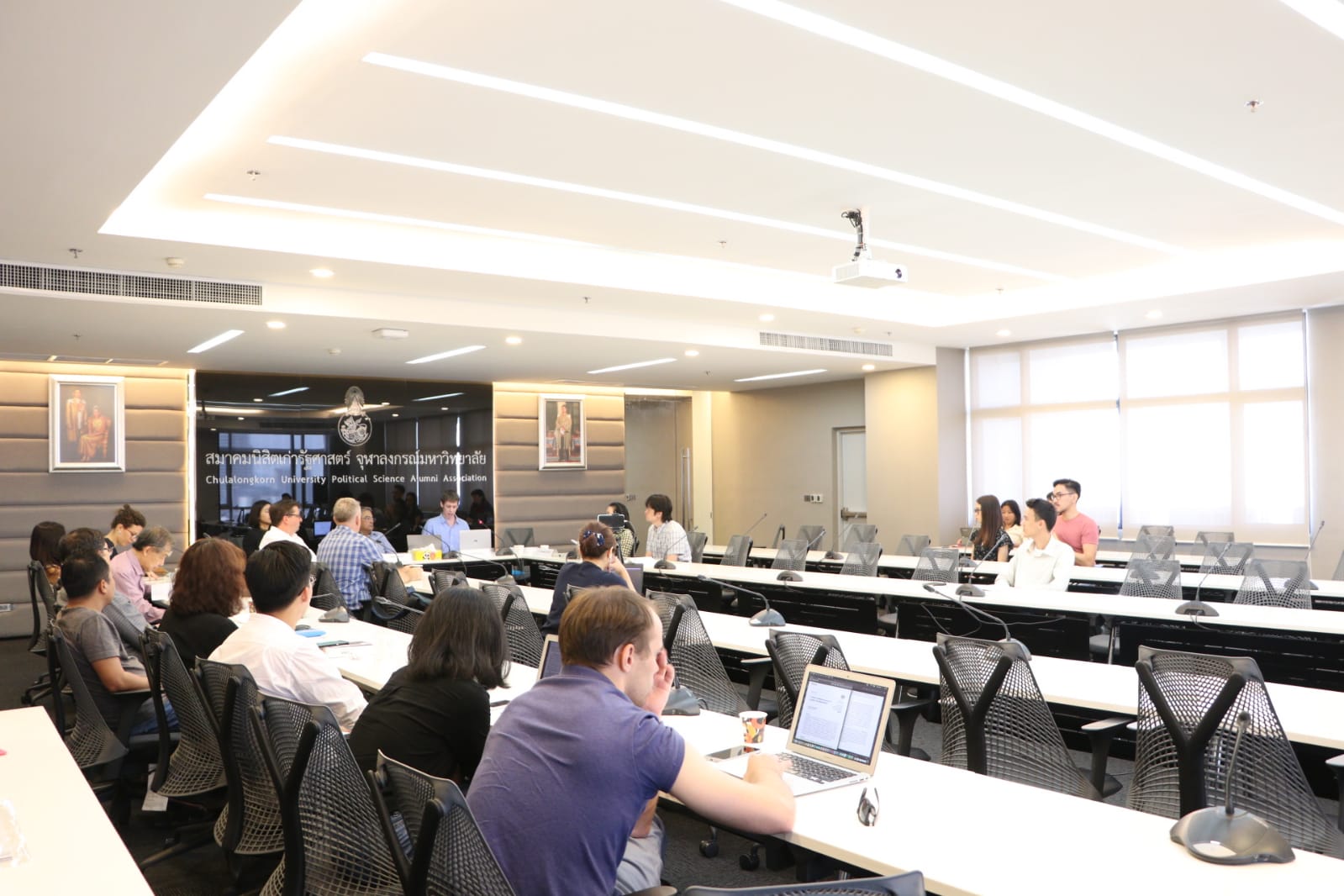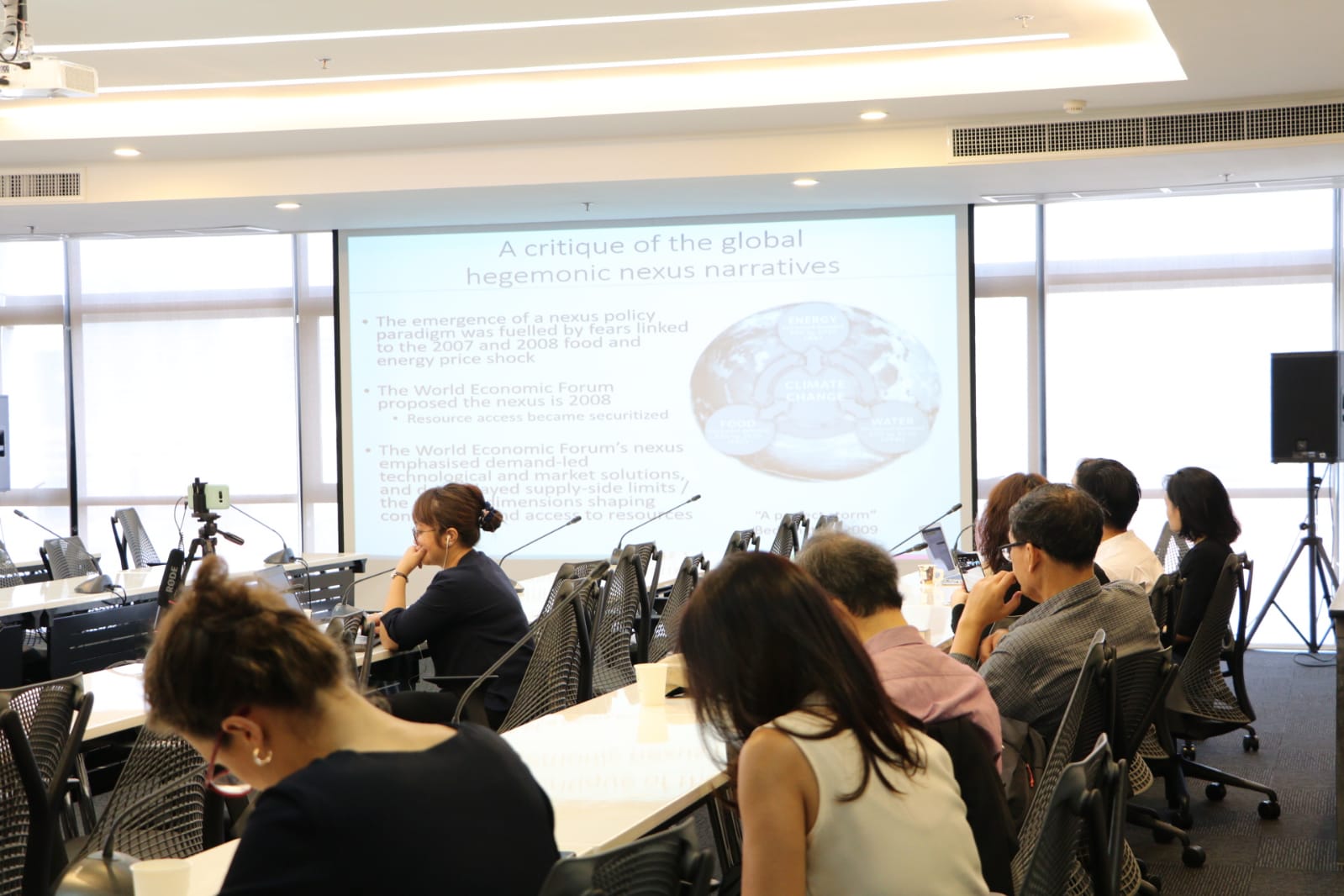EVENT [REPORT]: Book Launch 'The Water-Food-Energy Nexus' [Bangkok, 21 May 2019]
/On 21 May 2019, the Center for Social Development Studies (CSDS) hosted a book launch for "The Water-Food-Energy Nexus: Power, Politics, and Justice". The book launch event discussed the topics related to the book's themes, inviting two panelists who are the authors of the book.
Carl Middleton from Center for Social Development Studies (CSDS), Faculty of Political Science, Chulalongkorn University and Dipak Gyawali from Nepal Academy of Science and Technology introduced the book, positioning it vis a vis of the global hegemonic nexus narratives - if nexus thinking is to attain poverty reduction goals, it needs to pay more attention to whose food, water, and energy is secured, clarifying by which means the needs of the marginalised will be prioritised.
They draw on insights from “dynamic sustainability” to show how in nexus approaches often “static” thinking rather than “dynamic” thinking prevails. Overall, in the book, the authors follow a pathways approach, seeking to broaden out the inputs to planning processes and appraisal methods, and open up the outputs to decision making and policy to recognise the different pathways to sustainability around the nexus.
The discussion was joined by Kasira Cheeppensook from Faculty of Political Science, Chulalongkorn University, as Chair, as well as Dr. Takeshi Ito from Graduate Program in Global Studies, Sophia University and Dr. Supawan Visetnoi from Chulalongkorn University School of Agricultural Resources (CUSAR) as discussants.
The shared presentations from this discussion can be accessed here. The discussion was broadcast on Facebook Live and can be viewed at the above link.
*Report written by Anisa Widyasari, Communications Coordinator at CSDS












